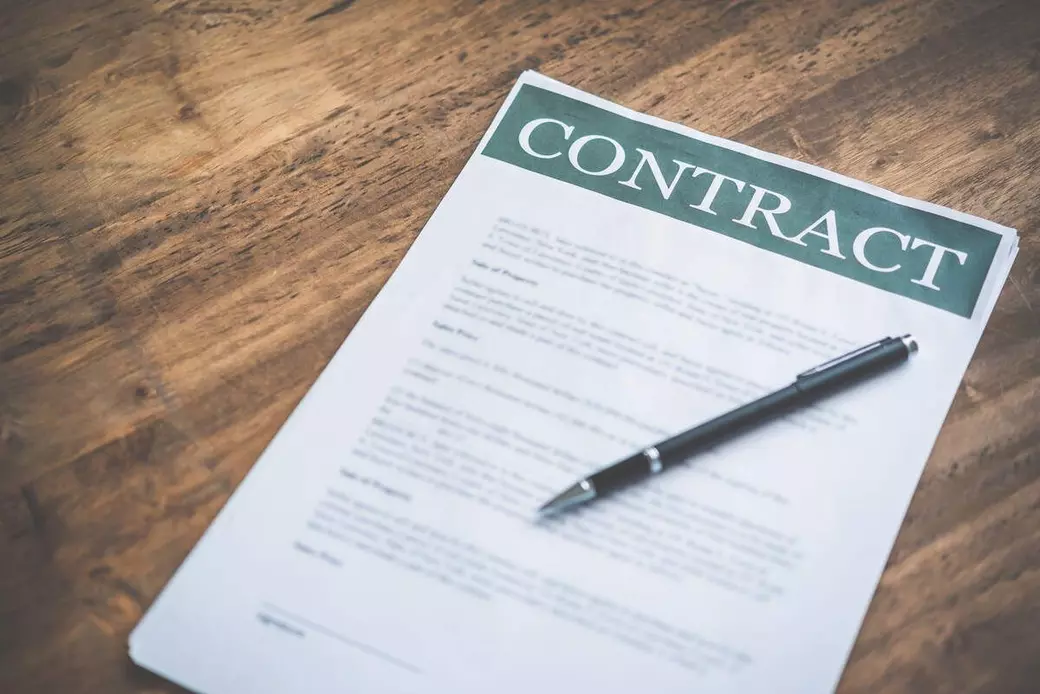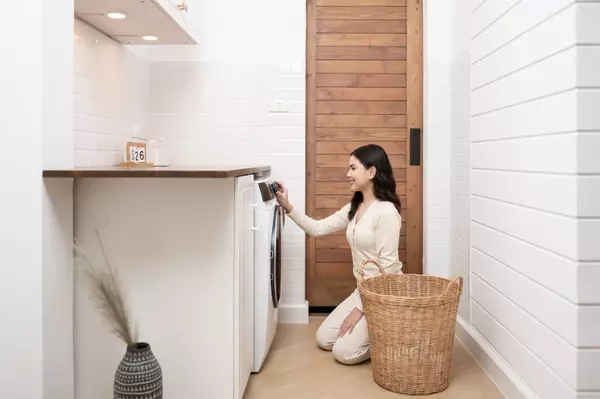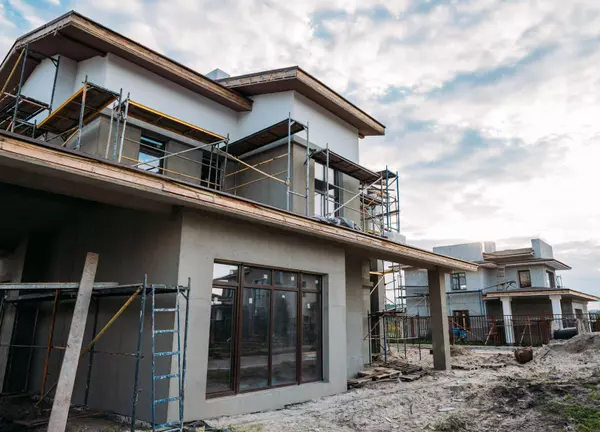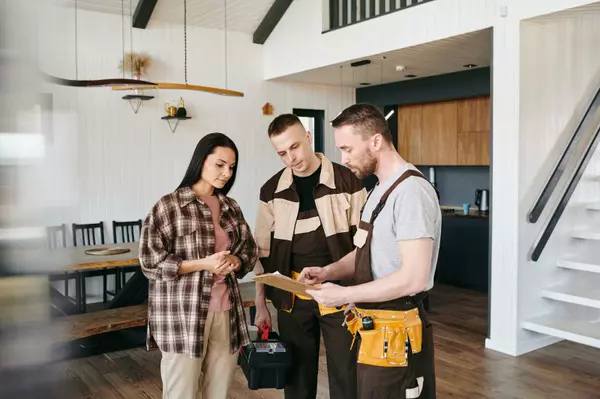What is the Difference Between "Pending" and "Pending With Contingencies?"

Over the years, a lot of people have asked me what "pending" or "contingent" mean when they see it on a listing. Let's clear up those two terms!
A listing is "Active" when it first hits the MLS
The second a listing hits the MLS, it will have the status of "Active" meaning it is on the market for sale. This is when sellers are showing the home. I bring this up though because this does not mean that there are not offers. A listing can be active and have offers on it. The sellers just haven't accepted one of the offers or may be still negotiating the terms.
A listing goes to "Pending with Contingencies" or "Contingent" when an offer is accepted
Our contracts here in Naples have multiple contingencies built in. A contingency is simply something that could happen in the future with a recourse for the buyer/seller.
Some common contingencies are:
- Financing Contingency - This contingency allows the buyer to walk away from the contract and get their deposits back from the seller if the buyer cannot obtain financing per the terms of the contract.
- Inspection Contingency - The buyer has the right to conduct an inspection and ask for repairs/remedies from the seller. If the two parties cannot agree, the buyer most likely can walk away from the contract and keep their deposits.
- Appraisal Contingency - The buyer has the right to have an appraisal done. If the appraisal is not at least the purchase price in the contract, buyer can terminate the contract and get their deposits back or the seller can reduce the price to the appraised value.
- Sale of Buyer's Property Contingency - The buyer's home must close by a given date or the buyer may walk away from the contract and get their deposits back. Note that this contingency is almost never accepted by a seller here in Naples because our market simply moves too
All of these contingencies have time limits on them—for example, the inspection contingency defaults to 15 days per our contract. If any contingency is still in effect, the property is therefore
Pending with Contingencies
A listing is "Pending" when the contingencies have been satisfied During the course of a real estate sale, the contingencies will go away. The appraisal comes in and satisfies the appraisal contingency. Negotiations are done on inspection items and the buyer and seller reach agreement and so on. Once all contingencies are satisfied, the listing goes to Pending in the MLS. At this point, the lender, title company or attorney are doing their part to bring the buyer and seller together for a closing.
Why do some listings stay "Pending with Contingencies" on the MLS when they've been on the market for a long time?
There could be a number of reasons why you still see properties marked "Pending with Contingencies" online. The most likely is that there's a longer contingency such as the financing contingency still in effect. The financing contingency on the Naples contract defaults to 45 days in length so that could be the culprit keeping it from just "pending." The second reason is simple. Agents forget to change it! I've made that clerical error myself before!
Can I still make an offer on a "Pending" or "Pending with Contingency" listing?
Yep, but I wouldn't bother. The odds of your backup offer being accepted and going to closing is about the same odds as seeing Bigfoot walk through your neighborhood.
Any questions?
One of my goals is to make sure all of my customer's questions are answered clearly. If you have any questions at all, please feel free to contact my wife or I directly. We'd love to hear from you!
Categories
Recent Posts










